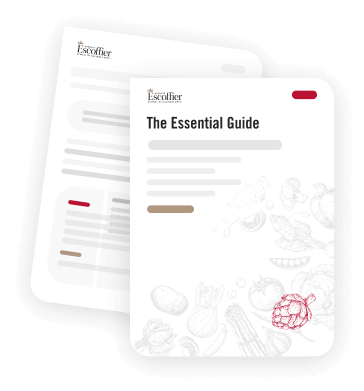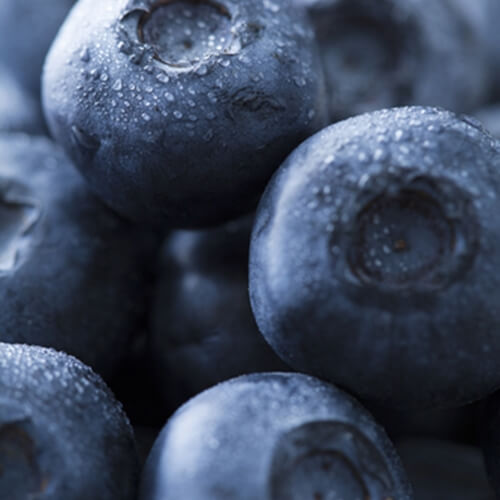Baking Blueberries Lowers Beneficial Polyphenol Levels

Blueberries have been heralded on television, newspapers and magazines as a superfood packed with nutrients and antioxidants. If you are a student talking online culinary courses, you’ve probably already heard about it. Researcher Ana Rodriguez-Mateos and colleagues wanted to find out if these qualities remained after being baked in a pie or in muffins. What they found out might surprise you.
The health-benefiting compounds, including polyphenol, were altered in some way throughout various baking stages and other processes. The blueberries were tested after cooking, proofing (when dough rises) and baking. The researches discovered that the berries’ polyphenol levels, especially anthocyanin, dropped as much as 21 percent after being going through the three processes.
If they are eaten raw, blueberries are one of the healthiest foods you can eat. Research is showing that the antioxidants in blueberries do wonders for the human nervous system and boost brain health. Twelve weeks of eating two to three cups of blueberries every day increased cognitive and memory test scores in senior citizens. Although blueberries have a high glycemic index relative to other berries (40-50), a study concluded that subjects with Type 2 diabetes who had eaten at least three servings of the fruit showed significant improvement in regulating their blood sugar levels. Blueberries have been known to lower blood pressure, prevent cardiovascular disease, protect your eyes from retina damage and have anti-cancer qualities.
Still, all these benefits only occur if the blueberries are eaten raw. In some cases, juicing and canning also lowered the polyphenol levels, dropping from 10 to as much as 80 percent. However, Rodriguez-Mateos reported that some polyphenols, like phenolic acid, maintained a steady level after processing. She and her team attribute this to the yeast in the dough, which acts like a stabilizing agent during a chemical reaction.


